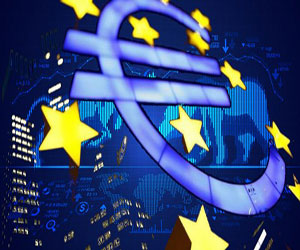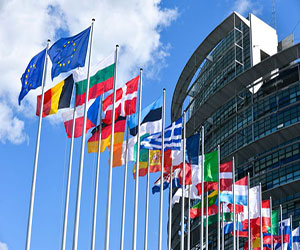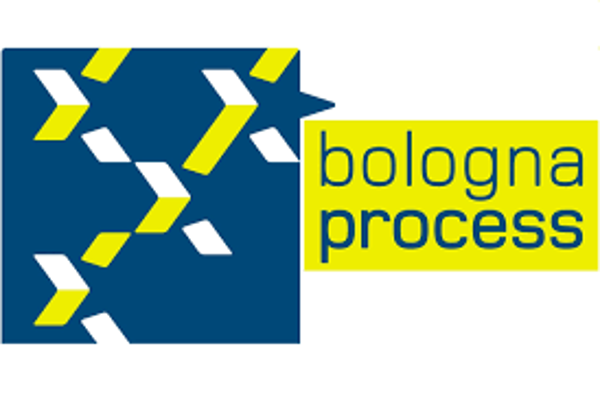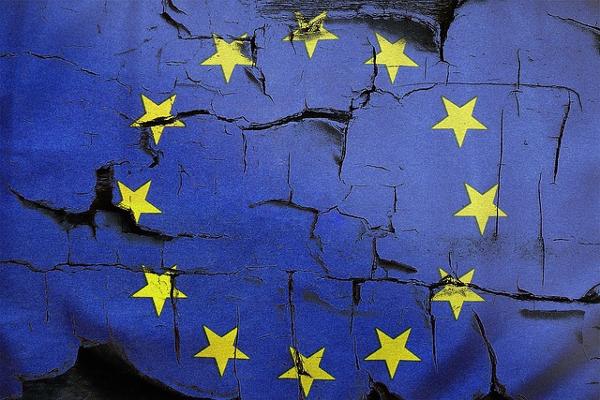A year and a half after the entry into force of Regulation no. 2092/2020 on democratic conditionality (see here on EUblog) – a period of time in which the European Parliament adopted a series of resolutions and issued an action for failure to act against the Commission for not having yet activated the mechanism (see here on EUblog) – on 27 April 2022, the Guardian of the Treaties instructed the budget holder, Johannes Hahn, to send the formal notification for the instrument’s launch against Hungary.
This mechanism empowers the Council, based a Commission’s proposal, to suspend the disbursement of European funds to States whose legal systems conflict with the principles of the Rule of law (Articles 5 and 6). However, the conditionality mechanism experienced a series of vicissitudes before it could be activated.
At first, the approval of the regulation was opposed by Poland and Hungary through their veto – then overcome by the political compromise included in the European Council’s conclusions of 10 and 11 December 2020 – on the Multiannual Financial Framework. Subsequently, after the entry into force of the regulation, the application of the mechanism was subject – following the political agreement mentioned above – to the elaboration of guidelines by the Commission (together with the Member States) and the ruling of the Court of Justice concerning the Polish and Hungarian actions for annulment of the regulation.
On 16 February 2022, the judges in Luxembourg confirmed the validity of the instrument (cases C-156/21 and C-157/21), and in March 2022 the guidelines for the application of the Regulation were adopted.
Despite this, the Commission further delayed the use of the mechanism with respect to Hungary in order to avoid the allegations of interfering with the general elections of the Hungarian Prime Minister, which took place on 3 April 2022. By doing so, Orban, during his election campaign, did not even have to justify to his voters the potential freezing of a portion of funds derived from the European Union and directed for the citizens themselves.
Whilst the application of the regulation during the Russian-Ukrainian war seems a dangerous move – just think of the Hungarian veto on the sanctions related to Russian oil laid down in the sixth package presented by the Commission which required unanimity for approval – in reality, the use of the instrument can be said to be almost a due and necessary act. It is not surprising that Hungary is the first to be subjected to such a procedure given that the Magyar State has earned the title of forerunner of the backsliding of liberal democracy.
The Hungarian trend of autocratization was already immediately apparent in 2010, when, following the victorious election of the current governing party, Fidesz, the executive power expressed its intention to rewrite the fundamental Charter. The Constitution’s revision was, in fact, assigned to an ad hoc committee composed for 2/3 by members delegated by the governing coalition. In addition, the proposed constitutional amendments admitted to the debated had to obtain at least half of the consensus of at least one parliamentary group. Thus, the revision of the constitutional text included also a strong downsizing of parliamentary minorities’ rights.
The objectives pursued and achieved by the reform can be summarized as follows: i) to shift the political focus in favor of the President of the Republic and the Executive; ii) to devalue the legislative process; iii) to reduce the powers of minorities; iv) to reduce the power of the Constitutional Court, making the protection of fundamental rights less effective.
As the authoritative doctrine explains, the strategy consisted in the use of the electoral mandate to make a series of constitutional and legislative changes aimed at weakening the constraints and control over the executive power and to circumvent the requirements of the rule of law.
It is precisely through this modus operandi that Hungary has adopted legislation and practices in contrast with the founding values of the European Union ex art. 2 TEU. This is well illustrated in the Reports on the Rule of Law 2020 and 2021, the content of which, on several occasions, has been considered by the representatives of the Hungarian government "absurd and false", "unbalanced", unfounded", a "legal nonsense”. These assessments are in line with the view, expressed by the Hungarian Minister of Justice, that the rule of law is essentially a political concept beyond the legal field.
In particular, the Commission expressed concerns in its annual reports: i) regarding certain elements of the organization of the judicial system (in particular the independence of the Public Prosecutor's Office from political power and the role of the Constitutional Court); ii) for the diversity of the market and the freedom of the media, as demonstrated by the report of the Media Pluralism Observatory 2021; iii) for the pressure put on civil society organizations (for example, the "Stop Soros" law in relation to which infringement proceedings have been opened – case C-821/19 and see also case C-78/18); iv) for violations of fundamental rights, in particular with reference to LQBTQ+ persons; v) for the level of corruption and the uncoordinated implementation of the national strategy to combat corruption.
This last point, as anticipated by an article in POLITICO – as the letter sent by the Commission is not yet public – constitutes the main reason behind the activation of the conditionality regulation.
The allegations made include, firstly, the ineffective prosecution of crimes, such as corruption and offences affecting the EU’s financial interests and Hungary's lack of cooperation with OLAF. So much so that the 2021 report states that "despite repeated requests, the Hungarian authorities have not yet communicated an authority in charge to provide assistance to OLAF during its on-the-spot checks if an economic operator subject to control refuses to cooperate”.
Secondly, the activation of the mechanism became necessary given that the procedure for the distribution and management of European funds is marred by shortcomings and weaknesses that concern, in particular, public procurement procedures, which very often end with the award of the contract to the only bidder submitted. In addition, the Commission has already observed that "in the field of shared management [...] the Hungarian authorities frequently withdraw projects from EU funding when OLAF issues a financial recommendation, or sometimes when the authorities become aware that an OLAF investigation has been opened. Furthermore, it appears that amounts due are not systematically recovered from the economic operator who committed the irregularity or fraud. In such cases, the EU subsidy is simply replaced by national funds, with a negative impact on the deterrent effect of an OLAF investigation and higher risks for the national budget”.
It is clear that violations found by the Commission affect or seriously risk affecting in a sufficiently direct way the financial management and the European financial interests. In other words, both aspects, i.e., procurement’s legislation and practice not based on the principles – expressly stated in Directives Nos. 23, 24, 25 of 2014 – of free competition, non-discrimination, transparency, and publicity and an inability and inadequacy of the national apparatuses in the prosecution of corruption phenomena, in addition to being able to represent a systemic problem, cause or may cause a serious damage to the budget of the European Union.
It follows that, given that the Union has chosen the path of common debt to finance national recovery, similar deficiencies in both preventive and subsequent management of funds cannot be tolerated. Therefore, the reasons underlying the activation of the mechanism are appreciable, relevant, and consistent with the purpose of the instrument – even though its application has not been timely.
Per rimanere aggiornato sulle novità di EUblog iscriviti alla Newsletter
 The activation of the conditionality mechanism against Hungary: better late than never!
The activation of the conditionality mechanism against Hungary: better late than never!






















